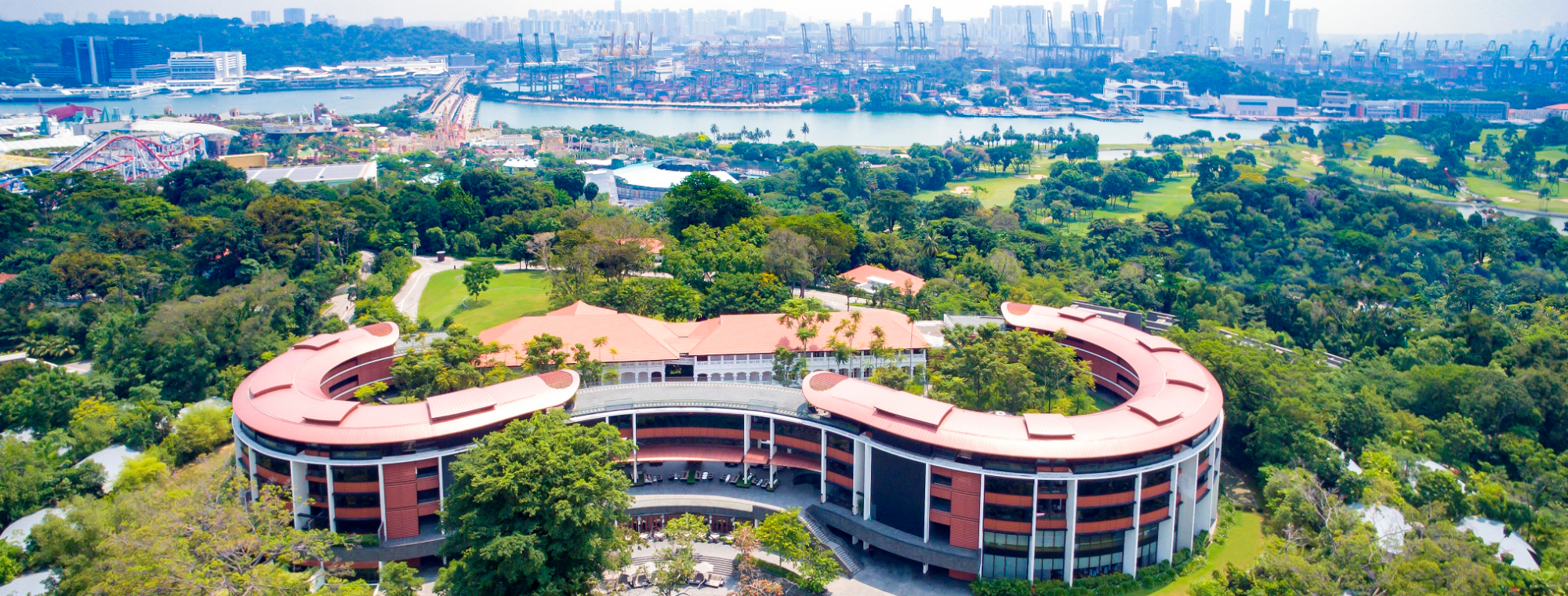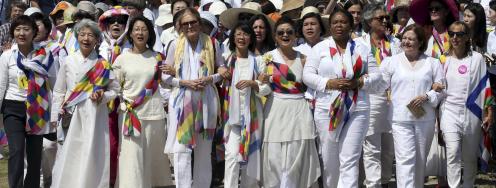The primary goal for the June 12 US-North Korea summit in Singapore should be an agreed statement that leads to the phased denuclearization of the Korean peninsula and a transformed relationship between the United States, North Korea and South Korea.
As President Trump said on June 1, “We’re going to start a process. And I told them today, 'Take your time. We can go fast. We can go slowly.' But I think they’d like to see something happen. And if we can work that out, that will be good. But the process will begin on June 12th in Singapore.”
The president is correct. The Singapore Summit should be the start of an ongoing process. This will not happen quickly but there is no rush, as long as North Korea continues to suspend its nuclear and long-range missile tests and does not transfer its nuclear weapons technology.
As Sen. Robert Menendez (D-NJ) has written, "even a partial agreement that verifiably begins the process of rolling back North Korea’s nuclear and missile programs would constitute success.”
Summit Success: The summit would be a success if North Korea agrees to eventual, phased denuclearization in exchange for phased economic, political and security incentives. Complete denuclearization will take time: the physical process of eliminating the North’s nuclear and missile arsenal and infrastructure would take years, as would the political process of building the necessary confidence between the parties. All told, this process may take five years or more.
A successful diplomatic process would include three key elements:
- The North agrees to near-term (within two years) tangible steps to denuclearization, such as formalizing the current nuclear and long-range missile testing freeze; committing to not export nuclear or missile technology; ending the production of fissile materials (plutonium and highly enriched uranium); opening declared sites for inspection; declaring nuclear warhead and material inventories; and placing missile and nuclear warhead components/materials under inspection.
- The North agrees to a long-term (five years or more) plan to denuclearize, including placing all nuclear weapons and/or fissile materials under inspection; dismantling nuclear and long-range missile related facilities; and allowing intrusive verification. This plan would include a series of follow-up meetings to work out details and ensure compliance.
- In exchange for denuclearization steps and commitments by the North, the United States, its allies and others would provide incentives in phases, including: providing security assurances (no “hostile policy”); loosening economic sanctions; opening liaison offices; and supporting a peace treaty to end the Korean War.
Failure to reach an agreement along these lines (or to have a summit at all) would be a major missed opportunity. Diplomacy is our best option to reduce tensions on the Korean peninsula, and will remain so even if the summit does not succeed. If the talks collapse, the United States and its allies can pursue a less optimal approach of deterrence and containment (which has worked in the past with other countries) until talks can resume. There are no good military options, and even a conventional war would be a catastrophe for the Korean people, the region and the global economy. A nuclear war could result in tens of millions of casualties, including Americans.
Finally, we underscore that any summit outcomes—and any US policy toward North Korea—must have the full support of our long-time ally, South Korea. Continued US-South Korean coordination throughout the process remains essential.
Ploughshares Fund experts stand ready to provide commentary on the summit as it unfolds. We released a press advisory including a list of these experts.
Ploughshares Fund is proud to support many organizations working on North Korea policy, including the William J. Perry Project, Arms Control Association, Council of Korean Americans, Middlebury Institute of International Studies, Nautilus, 38 North, National Committee on North Korea, Center for International Security and Cooperation, and others.
Photo: Aerial view of Capella, Singapore. Photo credit: wikimedia / Ryanjbrown91 (cc)
Diplomacy is our best option to reduce tensions on the Korean peninsula.




